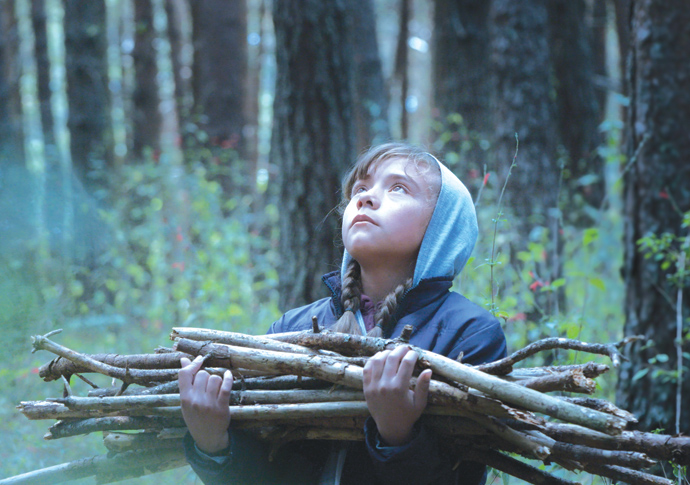El Eco: stunning portrait of an isolated Mexican village
Director’s patient filmmaking considers equality and feminism in glorious green mountains
Thursday, 18th July 2024 — By Dan Carrier

EL ECO
Directed by Tatiana Huezo
Certificate: OPG
☆☆☆☆☆
A LIFE dictated by a powerful concoction of the seasons and the climate, a cycle of birth and death and a set of man-made rules about your place in a society and what is expected of you.
These factors are part of the framework Tatiana Huezo uses in this stunning portrait of an isolated Mexican village called El Eco.
Set in glorious green mountains, the men have travelled to cities to work, and the mothers play a number of different roles to provide for their families.
Huezo went to live in the village for 18 months and her patient filmmaking has created a portrait of young people growing up.
From following the key characters as they tend to their sheep through to how they bathe their grandmother, Huezo turns banal domesticity into a work of art. Some of the interior scenes are lit as well as any Dutch master, and offers the viewer the chance to meditate on the information in each shot.
At one point, the camera lingers on children at school. They bring in plants and explain what they are and why they are used. There is the girl who explains how the tea brewed from petals helps one relax. A boy proudly displays a plant that deals with tummy aches and indigestion – “mother boils it and it tastes baaaaad”.
The urge to see beyond your childhood horizon is pronounced. But what are the options?
We meet Sarahi, who wants to be a teacher, Luz Ma who recognises the graft her mother does for no appreciation, and Monse, a teenager who has the responsibilities of an adult and whose life has given her a maturity in regards to her duties. She wants to be a horse racer, but she may as well want to live on Mars.
This rural world feels intentionally like a gold-plated cage at times. It is another strand of the intelligent approach Huezo has used to consider equality and feminism. Monse not only wants to see fresh vistas but doesn’t want to follow a path of domestic servitude, working hard to provide for a husband. She sees the power structures she faces.
There is beauty in every shot, perhaps none more so than when we are treated to scenes of the youngsters caring for their grandparents. It’s honourable, respectful and altogether a powerful statement for love.